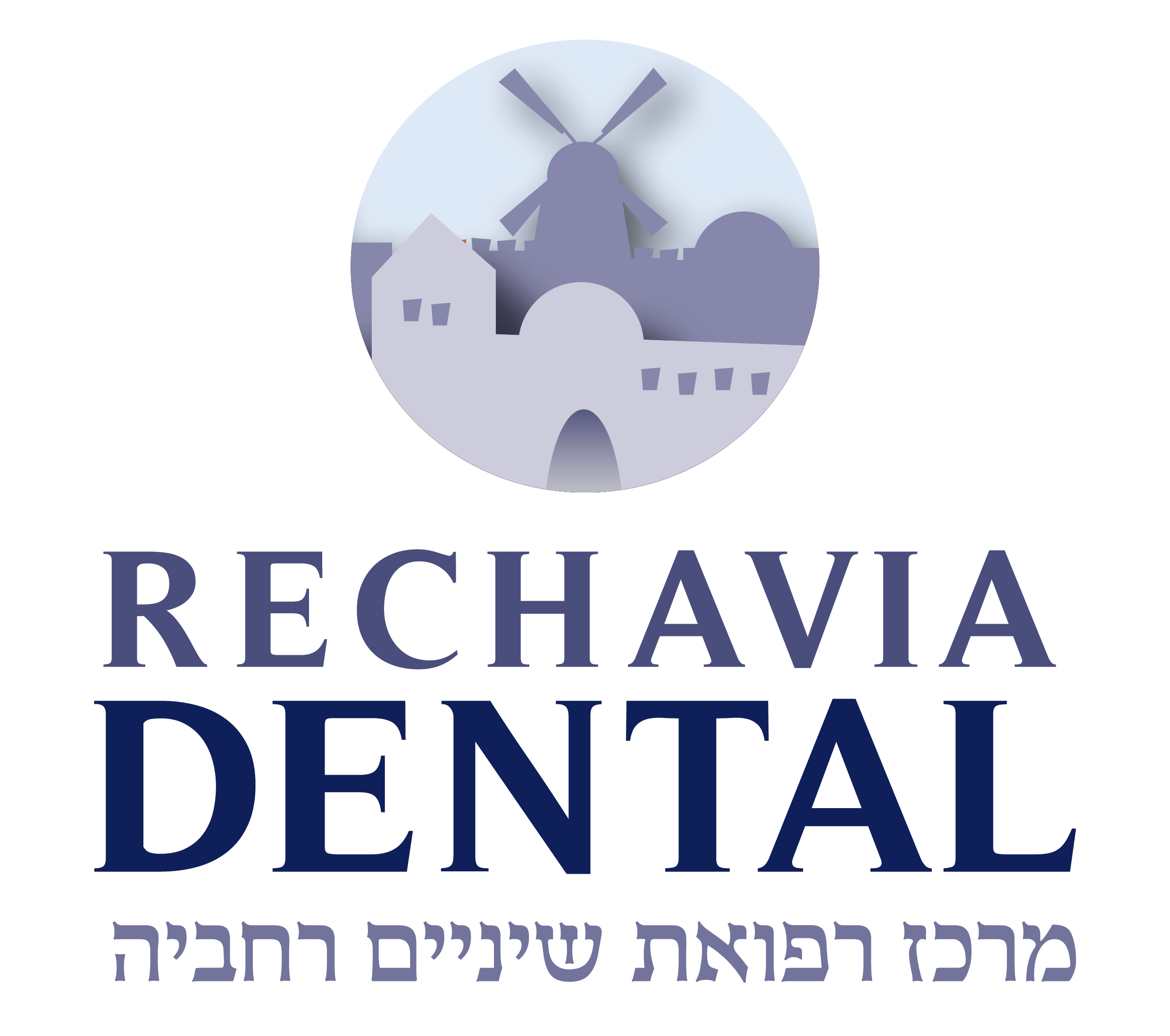
Pregnancy & Dental Care: Does A Fetus Steal Its Mother’s Calcium?
In my 25 years of dentistry, I’ve heard some pretty wild theories and misconceptions about dental care. Let’s debunk some of the most prominent (and outrageous) ones so that you can get back to focusing on the dental care that matters. This week, let’s start with this:
“The baby took the calcium from my teeth and caused me to get cavities.”
I’ve heard this one from so many pregnant women that I’ve lost count. This myth likely originated from the idea that a growing fetus needs calcium to grow (not false.) A fetus gets its nutrients through its mother’s umbilical cord – so what the mom eats, the baby receives (still not false.) I suppose that people have taken this idea to the extreme – assuming a baby leeches calcium from its mother, leaving the mother with depleted calcium levels, and therefore, a higher chance of developing cavities.
While I can’t comment on how a mother’s nutrients passes through to her fetus, I can comment on the dental myth at play here. No! A fetus does not suck away the calcium from its mother’s teeth. Once a tooth is formed, increased or decreased calcium in your blood stream won’t affect the calcium in your teeth.
More than that, focusing on a myth like this instead of on actual important dental care during pregnancy means an expecting mother can end up with other dental problems.
So what are the most common oral conditions during pregnancy?
Gums can become sore and may be tender to the point of bleeding. Be gentle with your mouth – buy an extra soft toothbrush and avoid foods that might irritate your gums. Also, pregnant women might find that their mouths are dryer than usual. If you’re taking medication during your pregnancy, it could be the culprit, as could your changing hormones. When you have a dry mouth, you become more at risk for gum disease and tooth decay so drink plenty of water and be sure to stay on top of your dental care routine. This includes brushing, flossing, and mouth washing regularly.
If you’re vomiting a lot from morning sickness, make sure to rinse your mouth thoroughly immediately after. Acid from the vomit can erode tooth enamel. Your instinct might be to brush, but try to avoid it. Brushing will actually scrub the acid onto your teeth, eroding more enamel. If you can’t resist the urge to brush, make sure you rinse your mouth thoroughly before (which you should do regardless of brushing.)
While a baby won’t steal your calcium, poor oral hygiene can lead to an overabundance of unhealthy bacteria in your mouth. Those bacteria release toxins that have been shown to be linked to an increased risk of preterm labor and low birth weight babies.
Despite potentially sensitive gums, don’t be afraid of dental check-ups during pregnancy. If you haven’t visited your dentist prior to your pregnancy and you hit pause on managing your oral health for nine months, you’ll end up with a slew of post-pregnancy dental problems to deal with. I recommend visiting your dentist at least twice during pregnancy so she or he can catch any early signs of gum disease, tooth decay, or enamel erosion. Plus, it’s never too early to start teaching your newborn about good dental care!
Have another dental myth you’re curious about? Email [email protected]!
Written by Dr. David Schlussel, DDS

